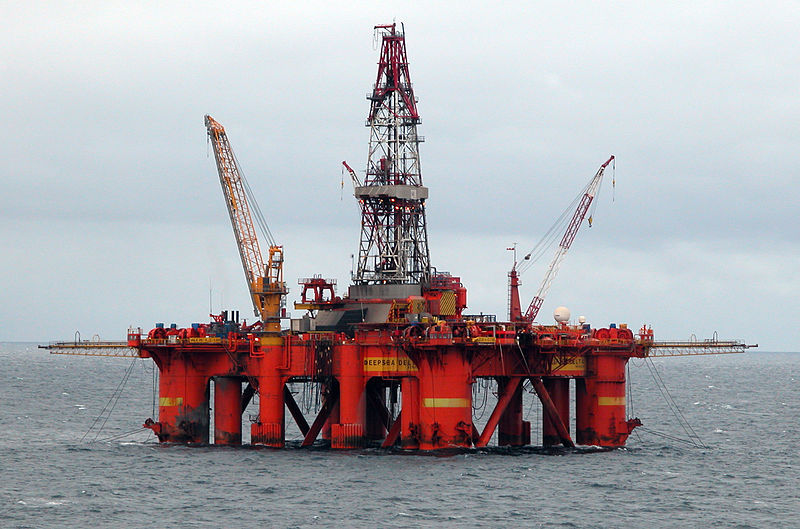By Alex Kirby, Climate News Network
The UK’s North Sea clean-up costs – the price to be paid for decommissioning its oil and gas industry – will probably more than double, a British group says.
The group is the Intergenerational Foundation (IF), an independent, non-party-political charity which works to protect the rights of younger and future generations in British policy-making.
It says British children will face a bill for decommissioning the North Sea fossil fuel industry that is likely to be double the government’s estimate – £80bn, not the official target of £39bn. In arriving at the lower figure, the Foundation says, the UK government ignored evidence from its own industry regulator of typical overspending, leading to a serious underestimate of the real costs.
If the government allows North Sea oil and gas companies to escape their decommissioning obligations and proves IF’s estimate of an £80bn total correct, the Foundation says, this would equal a bill for each child in the UK of nearly £3,000.
A report by the Foundation estimates at least £80bn will be needed to decommission the North Sea’s 3,000 pipelines covering 8,000 kilometres, 5,000 wells, 250 fixed installations and 250 subsea production systems.
Instead of setting aside money to pay for the decommissioning, the report says, the North Sea oil and gas industry and the government are together handing a tax burden on to a younger generation who have not benefitted from the fuel extracted but who will be expected to pick up the bill for previous generations’ profligacy.
The report’s authors identify three main reasons which they think explain why the industry may double its costs.
Risky assumption
The first is that the UK government’s Oil and Gas Authority (OGA) uses something called a P50 figure in its 2017 Cost Estimate Report for North Sea decommissioning. That means, as the OGA puts it, that the basis of its own estimates is “ a decommissioning cost estimate (P50) value of £59.7 billion in 2016 prices.”
“Taking into account the shared goal of a minimum of 35% cost reduction, this results in a target of less than £39 billion,” the OGA continues. But the IF report says using a P50 target means accepting that there is a 50:50 chance of the costs being higher, not lower, than those quoted.
Secondly, the OGA thinks a 35% saving (to reduce the cost estimate to under £39bn) will be easily attainable. But IF says the OGA’s own review of UK oil and gas projects between 2011 and 2016 found exactly the opposite – an average overspend of 35% against estimates.
The IF report’s third reason for expecting a possible doubling of costs is what it says is a mistaken comparison by the OGA of North Sea decommissioning work with that in the Gulf of Mexico, where conditions are much easier and costs far lower.
Costs shed
Angus Hanton, IF’s co-founder, said: “It is extraordinary that there is no proper mechanism in place to protect our children from having to pay the clean-up costs for oil and gas they didn’t use, while the companies involved can essentially escape responsibility by off-loading their North Sea holdings onto smaller contractors and retain just one quarter of the costs of decommissioning while benefiting from generous tax breaks.” (On 31 January 2017 Shell announced a US$3.8bn sale of assets in which it would retain a set liability of just around one quarter of the costs of decommissioning.)
Andrew Simms, a co-author of the report, said: “The government is allowing these companies to break the principles of the [UK] Energy Act 2004, whereby builders and operators are ‘responsible for ensuring that the installation is decommissioned at the end of its useful life, and should be responsible for meeting the costs of decommissioning.’
“The next generation is expected to prop up an uneconomic industry harmful to their future that is trying to shirk responsibility for clearing up its own mess.”
This article originally appeared on Climate News Network.
Image: Oil platform in the North Sea (CC3.0/Erik Christensen/Wikimedia)
Subscribe to our newsletter
Stay up to date with DeSmog news and alerts







